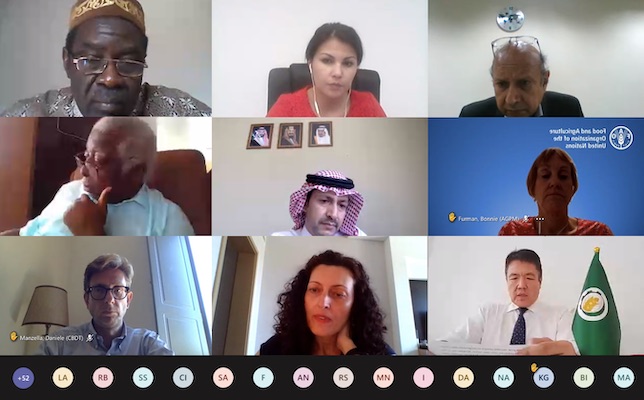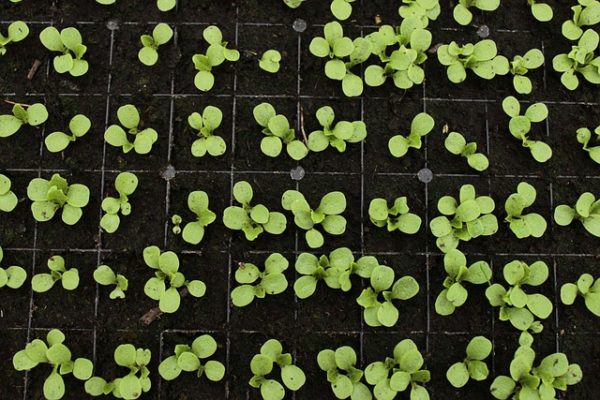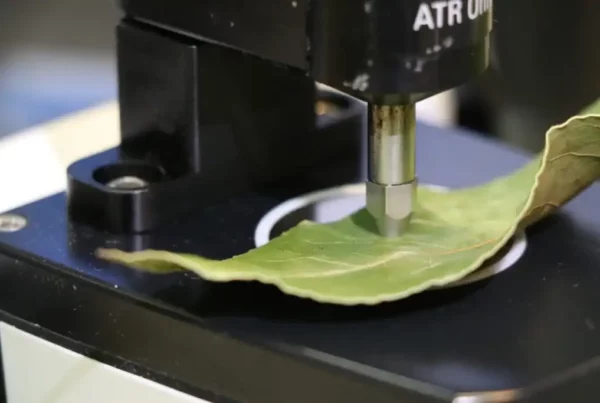The virtual Workshop on the Development of National Gene Banks in the member states of the Organisation of Islamic Cooperation (OIC) was conducted online on July 5-6, 2020 via videoconference under the chairmanship of the UAE. The list of participants included over 160 experts and representatives from 30 member states of OIC institutions and 10 international organisations.
The Workshop participants examined various issues of the development, conservation and exchange of plant and animal genetic resources for food and agriculture intending to promote strong and resilient food systems in the OIC member states. The Workshop sought to encourage OIC members to employ modern scientific methods to build a more robust food value chain and increase the resiliency of food systems and crops.
Taking into consideration the damaging effects of the COVID-19 pandemic, climate change and loss of bio-diversity, the Workshop participants emphasised the critical significance of collective action. The stimulation and coordination of national actions for the acquisition, sustainable utilisation and sharing of plant and animal genetic resources would increase food production and agricultural development in the OIC countries and help fight malnutrition and hunger.

To achieve its goals, the Workshop adopted a multilateral approach to the issues of food security and proposed a number of international initiatives to preserve and facilitate agricultural biodiversity.
Given the newfound popularity of the traditional Islamic finance instruments such as wakf (endowment), the Islamic Organisation for Food Security (IOFS) called for the creation of a Seed Wakf as an endowment fund by net-worth philanthropists, which could support research and development of new stress-tolerant varieties of crops, and physical infrastructure for conservation and exchange.
The Workshop also submitted a proposal to establish a Technical Committee with membership from member states, private sector and national Gene Banks or research institutions. The Committee would oversee the implementation of action plans and related issues, in collaboration with the IOFS Executive Board and Secretariat.
The IOFS praised the role of the key partners of the Workshop, namely the OIC General Secretariat, COMSTECH, IsDB, ICBA, ICARDA and FAO, and called on the more endowed and experienced member states to share their expertise and know-how in the Gene Bank field through the instrumentality of sub-regional Centers of Excellence.
The Workshop participants submitted several suggestions such as organising training sessions or seminars, mounting awareness campaigns, conducting surveys of biodiversity and establishing National and International Gene Banks. The achievement of abovementioned goals requires strengthening of international partnership and networking, development of national and human capacities, allocation of more resources and funding to the gene banks, among many others.
The Workshop was held in line with the OIC Agenda on Science, Technology and Innovation (STI Agenda 2026), the OIC Agenda 2025, and within the framework of the United Nations Sustainable Development Goals.
The Islamic Organisation for Food Security (IOFS) is an international organisation that monitors and manages the state of food security in the Member States. IOFS is a specialised institution of OIC, based in Nur-Sultan, Kazakhstan.
Image credit: MetsikGarden / Pixabay







